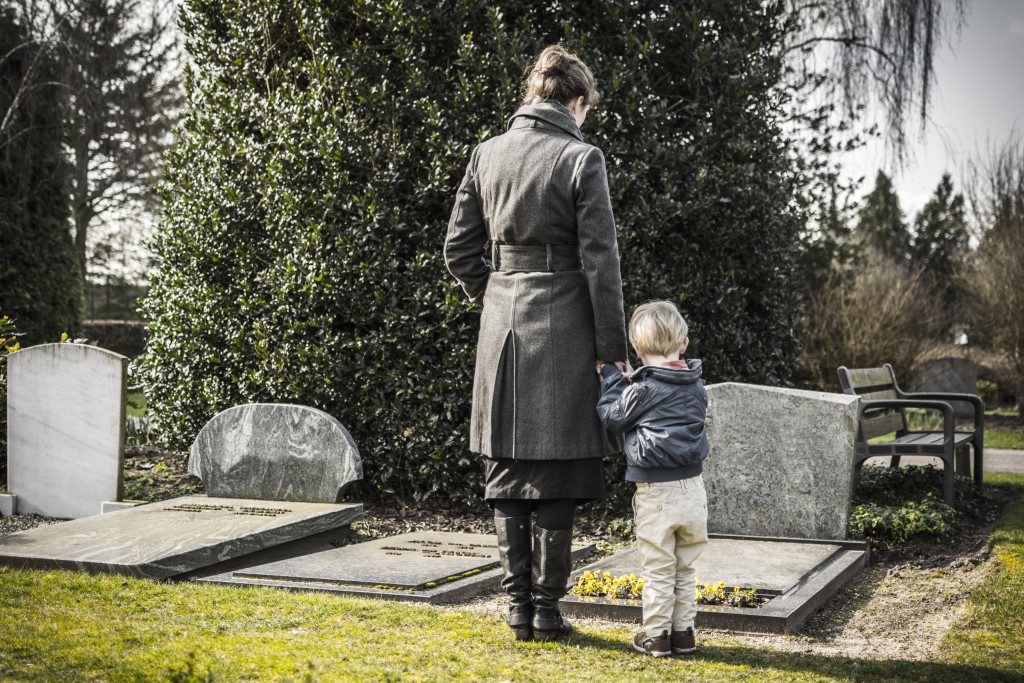Despite the fact that all of us will eventually die, it’s still hard for most of us to deal with the death of a loved one. If you’ve been to a hospice care services facility in Indiana or elsewhere, you’d see families visiting terminally ill loved ones go through a series of emotions.
These emotions are what psychologists refer to as the five stages of grief. Read on and learn what they are.
1. Denial
When news of the death of a loved one hits people, the first reaction that often comes up is denial. They find it hard to process the passing of a family member or a friend, which is why many of them try to block out the pain by denying what has happened.
Denial is a defense mechanism people often use to help them deal with matters that are too traumatic for them to handle.
2. Anger
The next emotion is anger. People resort to anger when reality finally strikes them and yet, it’s too difficult to accept that someone they love is dead or dying.
They want to blame someone or something for the demise of their loved one. Often, people focus their anger on the patient’s doctor because they feel that their loved one’s declining health was caused by the doctor’s failure to provide a cure.
Some people even vent their anger toward the patient. The reason behind this is that they focus on the patient’s illness or death itself causing them pain, and they don’t want to feel that.
3. Bargaining
When anger has subsided, some people still try to make sense of their situation just so they could get a handle on things. In order to feel in control, they resort to bargaining in the hopes that by doing something, the effect would be the patient getting cured.
Some individuals would bargain by saying that if they only did something differently, their loved one wouldn’t have died. For example, one would say if he took his mother to the doctor years ago, they might have prevented the cancer cells from spreading.
It’s people’s way of making sense of their situation. Death is inevitable, but most people can’t accept that just yet. This is why they try to handle a situation like this by promising to do one thing and asking that their reward would be to have their loved one spared from death.
4. Depression

When denial, anger, and bargaining don’t work and a loved one is still deteriorating, individuals will finally realize that they are helpless in preventing the death of their loved one. When this happens, depression sets in.
Some people get depressed because they feel that they let down their loved one by not being able to help them get better. Some feel depressed because they now realize that their loved one will be gone forever, and it’s too much for them to bear.
5. Acceptance
Not everyone who grieves reaches this last stage. Acceptance is when the people left behind finally realize that it was never in their power to reverse the situation. They accept that and make peace with the fact that their loved one has passed on.
For some, it takes years, while others may never find peace. But as hard as it may be, every person who experiences a loved one dying should try to reach this stage in order to live a healthy life.
People will die and those who are left behind shouldn’t stop living because it’s too hard to let go of their loved ones. There’s a reason they are still alive. They owe it to those who have departed to continue to live out their lives and find some meaning to their existence.

